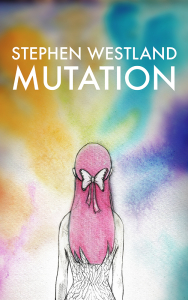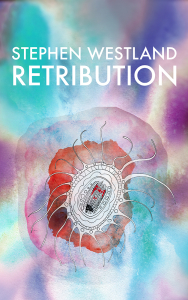Transhumanism is “the belief or theory that the human race can evolve beyond its current physical and mental limitations, especially by means of science and technology.”
You might think that it is a long way away, something in the distant future that may or may not happen. However, according to Marcelo Gleiser we may already be transhuman. According to him, if we take a drug that changes our chemistry to treat depression or high blood pressure, we are not the same. We are who we were before plus the medication. That’s not quite the same as going beyond our current human state. But it is a change. Arguably even vitamins and superfoods are enhancing physical performance. Then there is the case of people who have prosthetic limbs.
To me it’s a little like the argument about what is natural. An ant’s nest is said to be natural but the Eiffel Tower is not. I have often struggled with this distinction. We build things but we are part of nature. So isn’t it the case that what we build must be natural? Perhaps the boundary between what is natural and what is not is not so sharp, perhaps it is a blurred line. In the same way, the boundary between human and transhuman may be much less distinct than many people thing. It is not necessary to by a cyborg to be transhuman.
In the future there is little doubt that technological devices will be implanted in our heads and bodies, extending our senses and cognitive abilities. However, perhaps we have already taken the first steps to be more than what we are.
Read his full post here.



